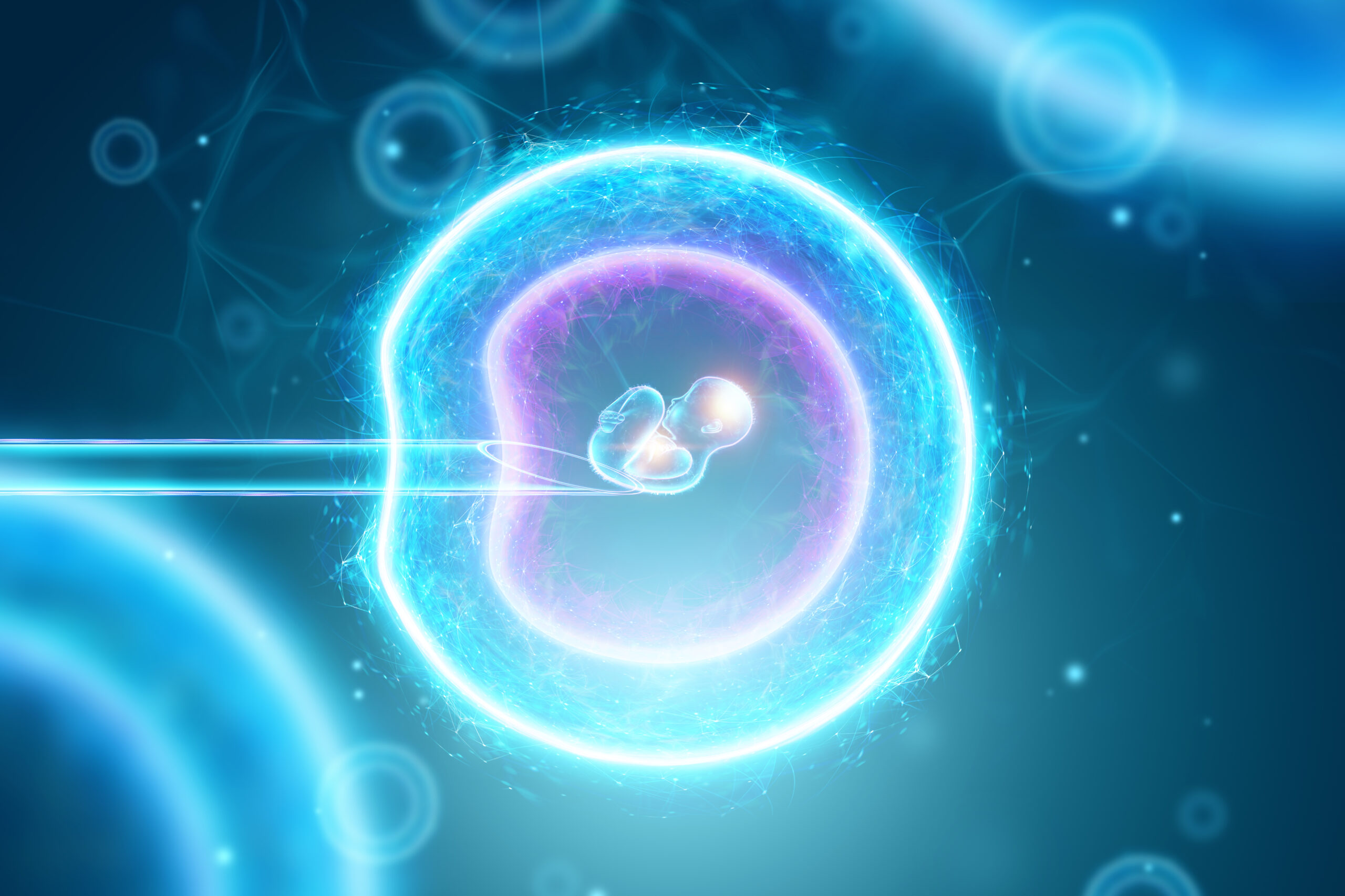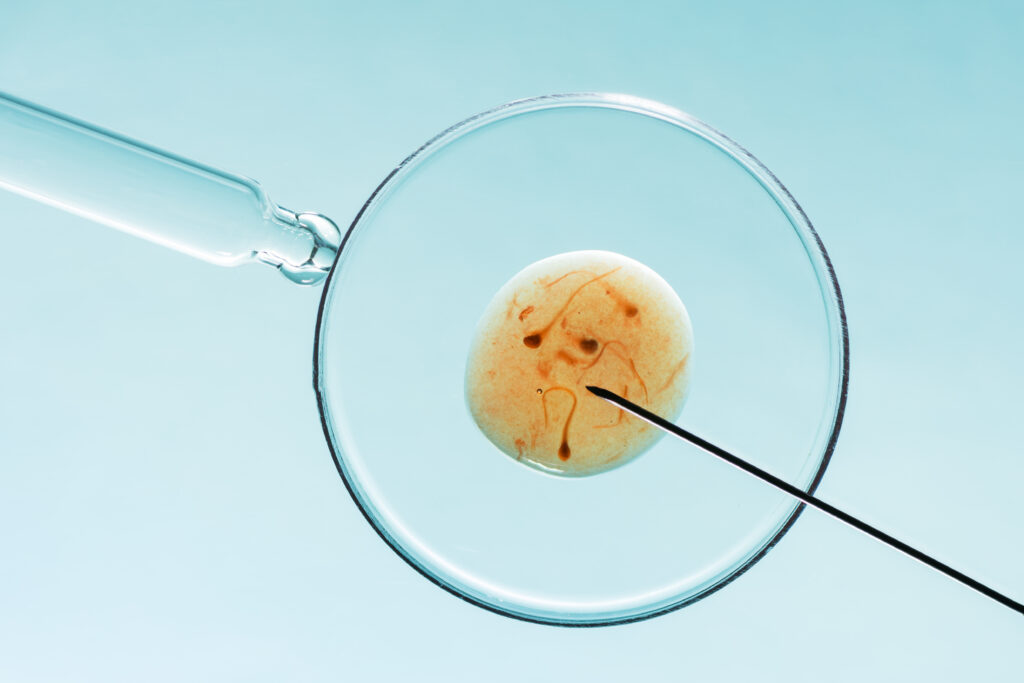
ICSI Vs VF: ICSI (Intracytoplasmic Sperm Injection) and traditional IVF (In Vitro Fertilization) are both assisted reproductive technologies used to treat infertility, but they differ in the method of fertilization.

ICSI Vs IVF:
Here’s a breakdown of the key differences for ICSI vs IVF:
- Fertilization Process:
- ICSI: In ICSI, a single sperm is injected directly into the cytoplasm of an egg using a micropipette. This is typically used when there are issues with sperm quality or quantity, such as low sperm count, poor sperm motility, or abnormal sperm morphology.
- Traditional IVF: In traditional IVF, eggs retrieved from the woman’s ovaries are placed together with sperm in a culture dish, and fertilization occurs naturally when sperm penetrate and fertilize the eggs. This method is suitable for couples with less severe male factor infertility or when sperm parameters are within normal ranges.
- Indications:
- ICSI: ICSI is often recommended when there are known male factor infertility issues, such as low sperm count, poor sperm motility, or abnormal sperm morphology. It may also be used in cases of unexplained infertility or previous failed fertilization attempts with traditional IVF.
- Traditional IVF: Traditional IVF may be used when there are no significant male factor infertility issues and when sperm parameters are within normal ranges. It may also be used in cases of female factor infertility, such as tubal blockage, endometriosis, or ovulation disorders.

ICSI Vs IVF:
Here’s a breakdown of the key differences for ICSI vs IVF:
- Success Rates:
- ICSI: ICSI has been shown to be effective in achieving fertilization even in cases of severe male factor infertility. However, there is some evidence to suggest that ICSI may be associated with a slightly higher risk of certain complications, such as birth defects and chromosomal abnormalities, compared to traditional IVF.
- Traditional IVF: Traditional IVF has been used successfully for decades and is associated with good pregnancy rates, particularly in couples with female factor infertility or unexplained infertility. However, the success of traditional IVF may be influenced by factors such as egg quality, embryo development, and the woman’s age.
- Cost:
- ICSI: ICSI is typically more expensive than traditional IVF due to the additional labor and expertise required for the sperm injection procedure.
- Traditional IVF: Traditional IVF is generally less expensive than ICSI, as it does not involve the additional step of sperm injection.
- Suitability:
- ICSI: ICSI may be recommended when there are significant male factor infertility issues or when previous fertilization attempts with traditional IVF have failed.
- Traditional IVF: Traditional IVF may be suitable for couples with less severe male factor infertility or when sperm parameters are within normal ranges.
Ultimately, the choice between ICSI and traditional IVF depends on the specific circumstances of each couple, including the cause of infertility, the quality of the sperm and eggs, and the preferences of the couple and their healthcare provider. It’s essential to discuss these options with a fertility specialist to determine the most appropriate treatment approach for your individual situation.
